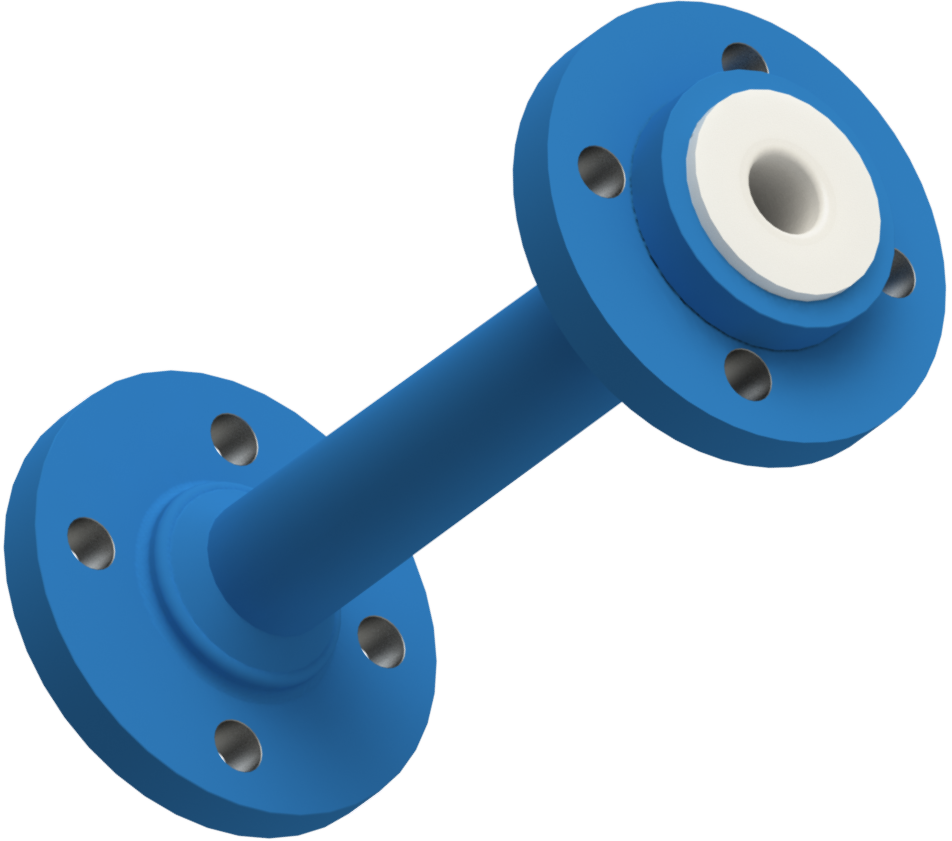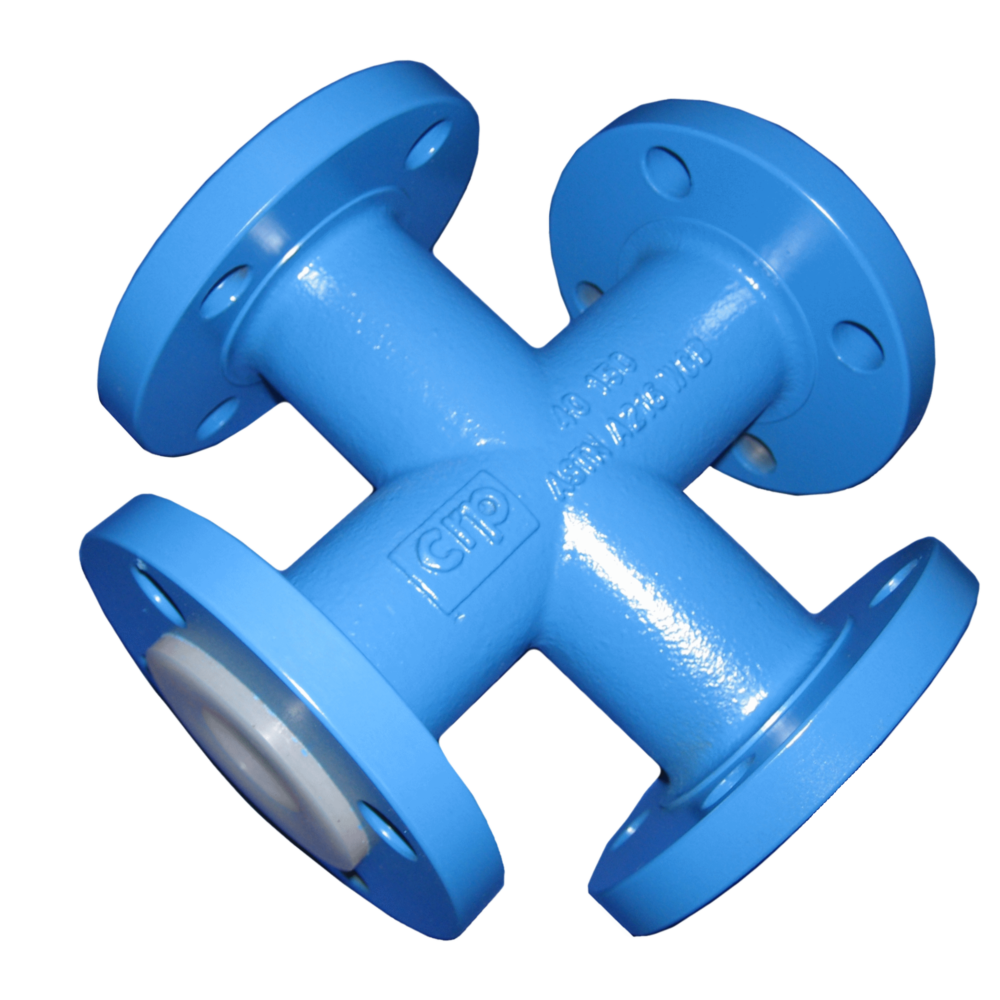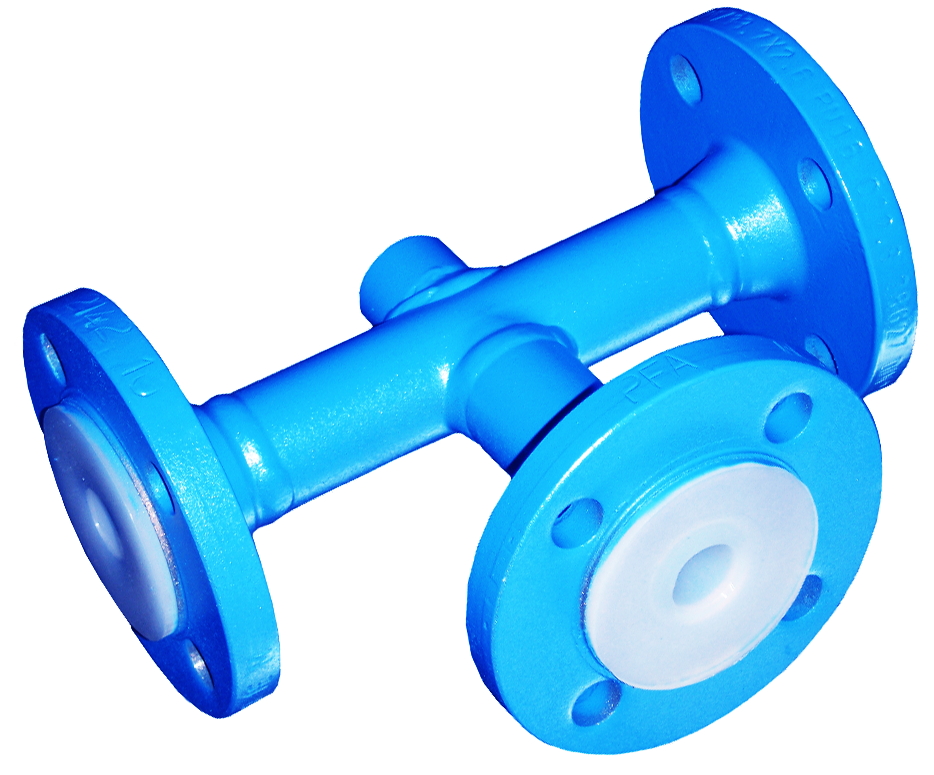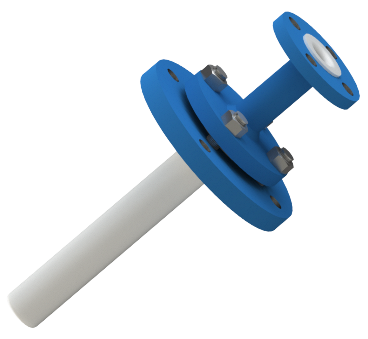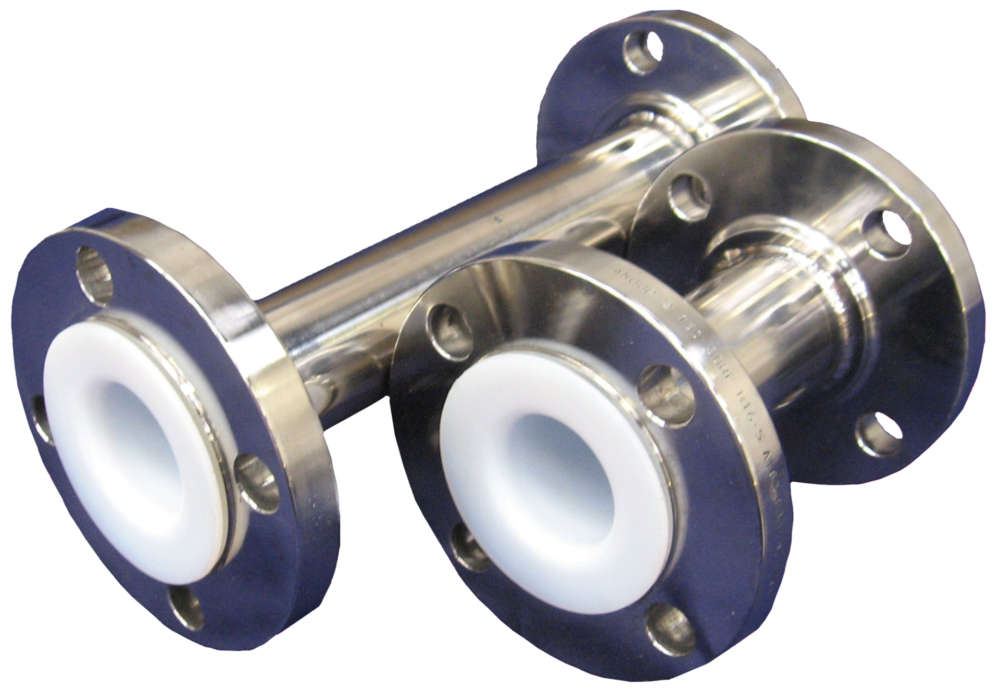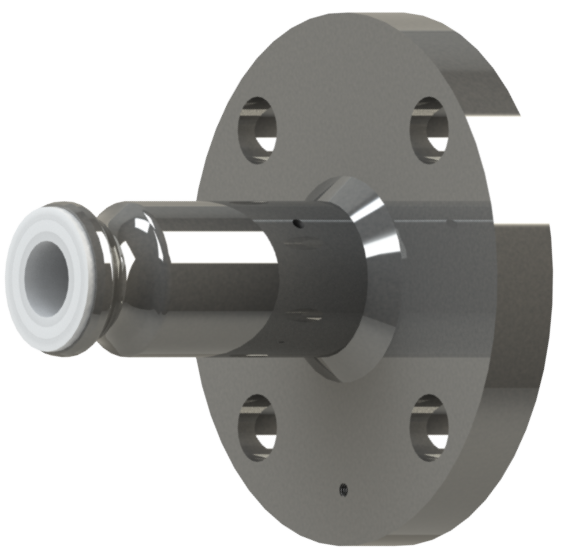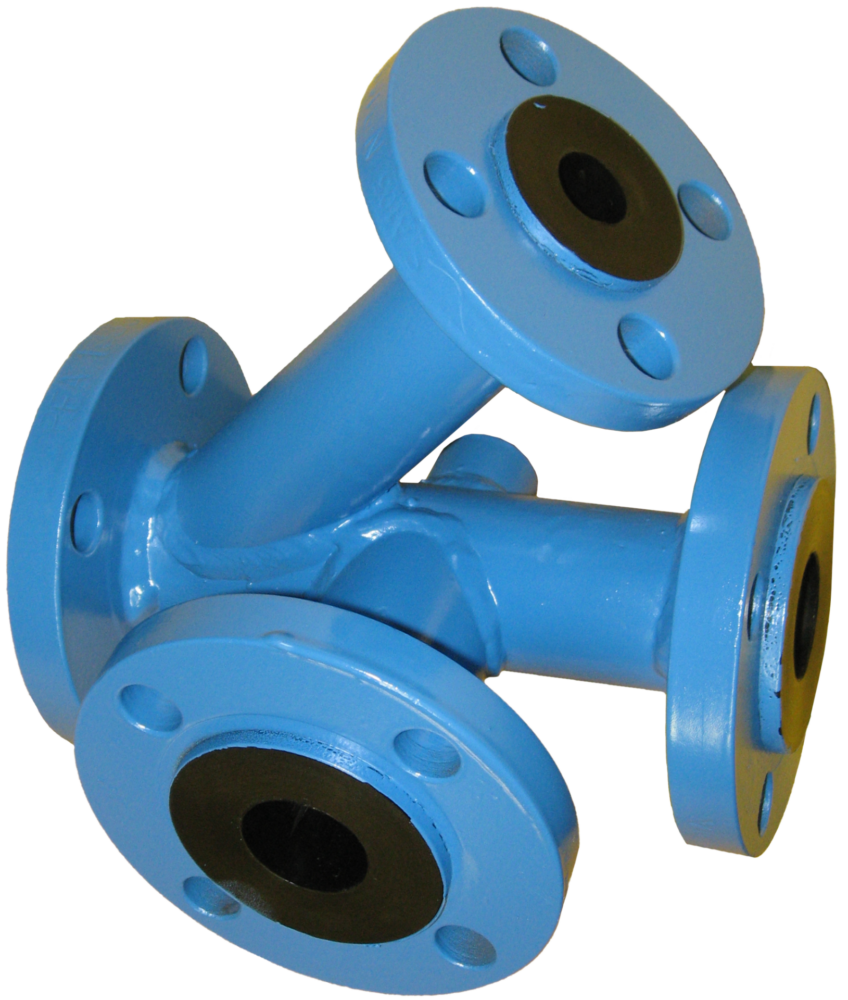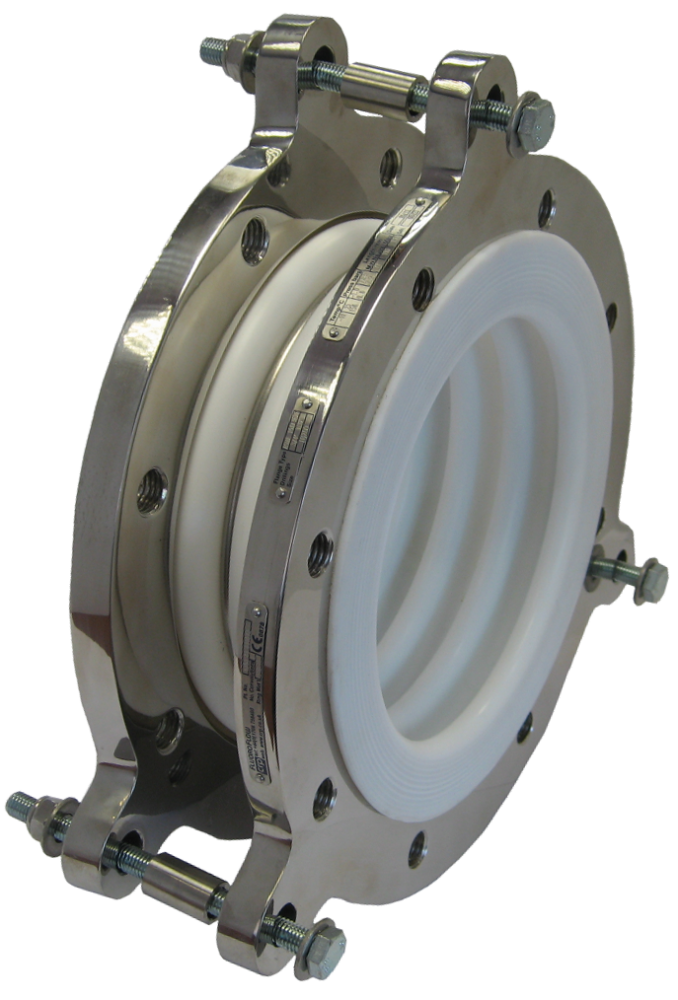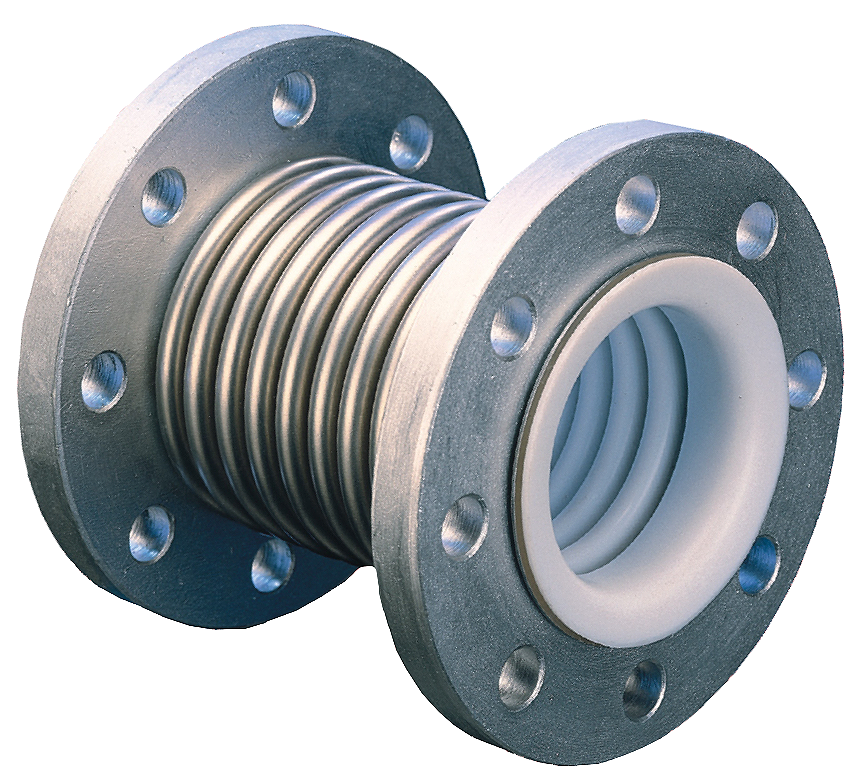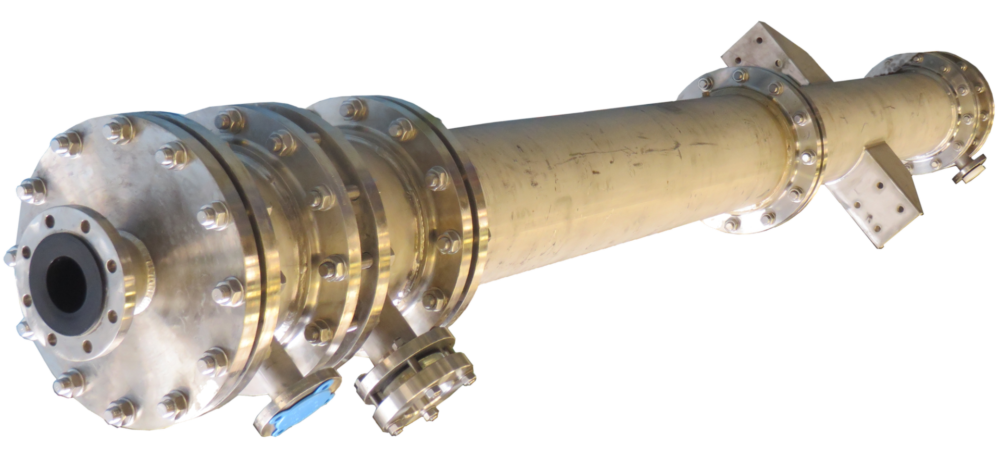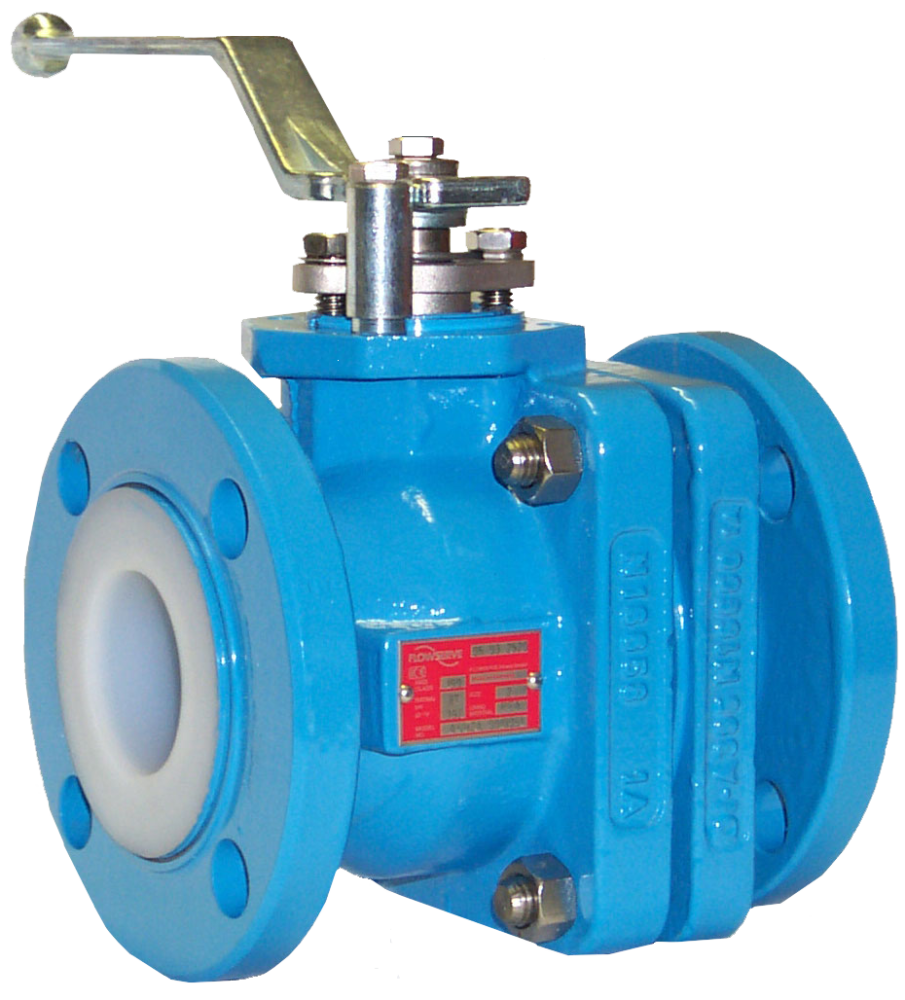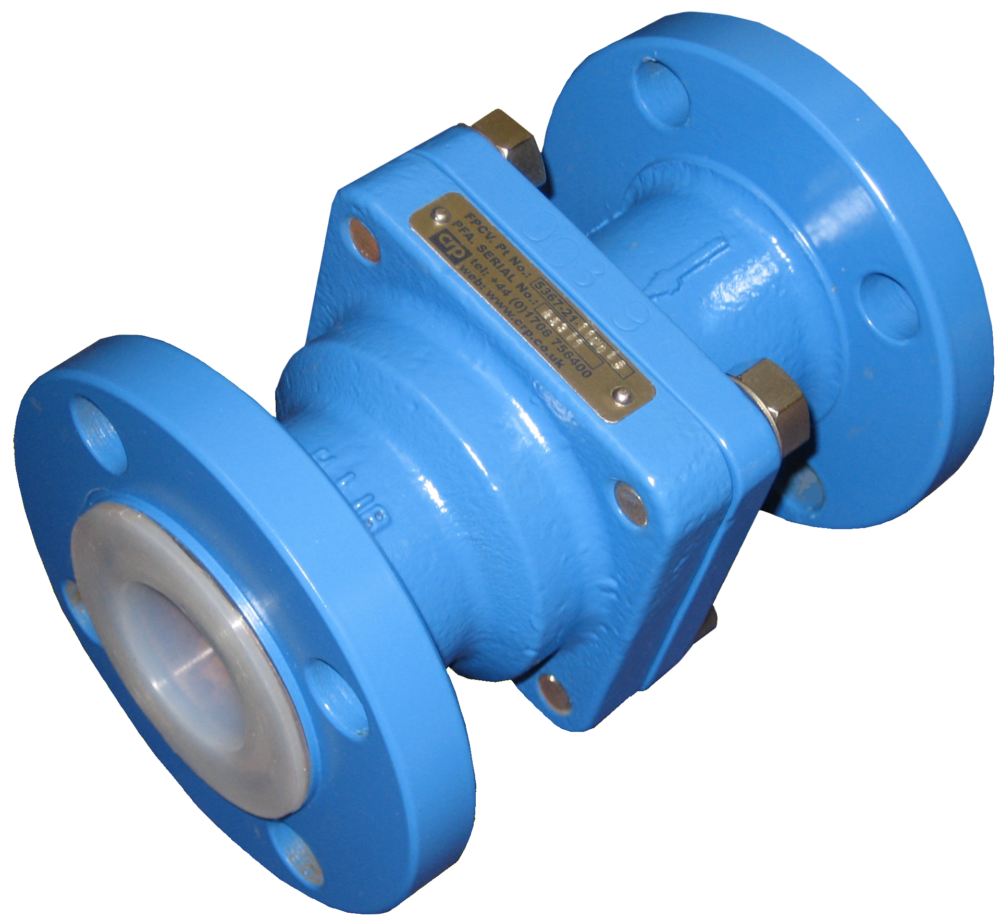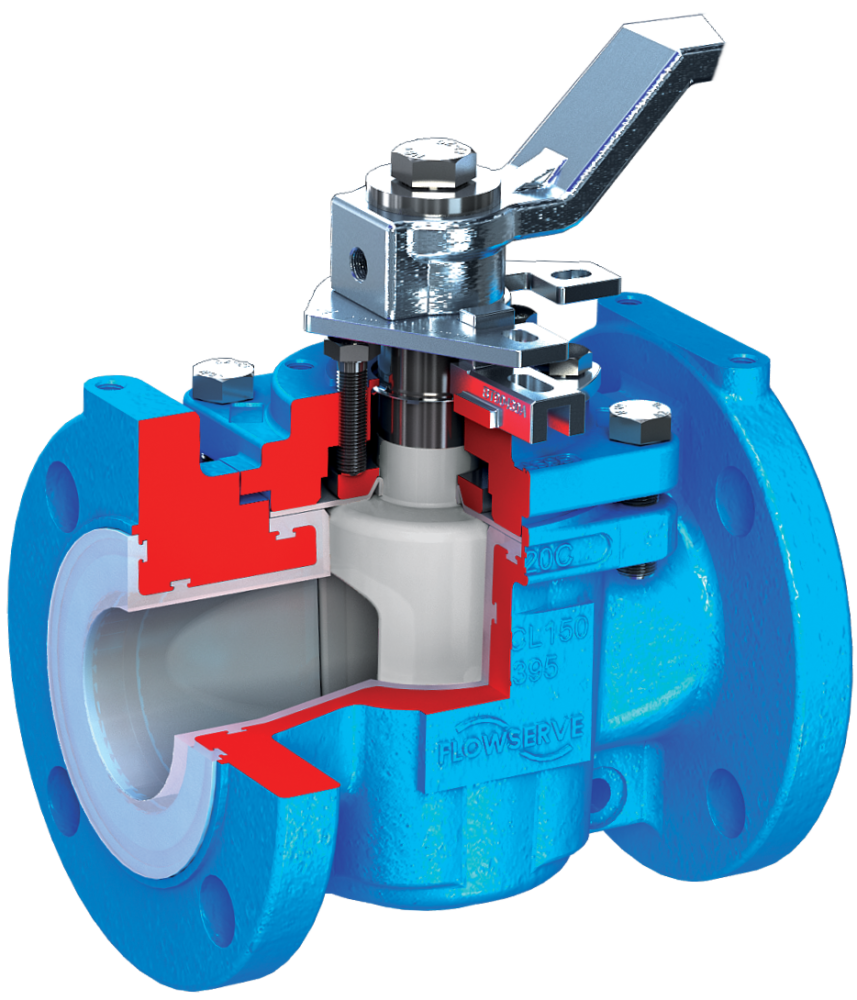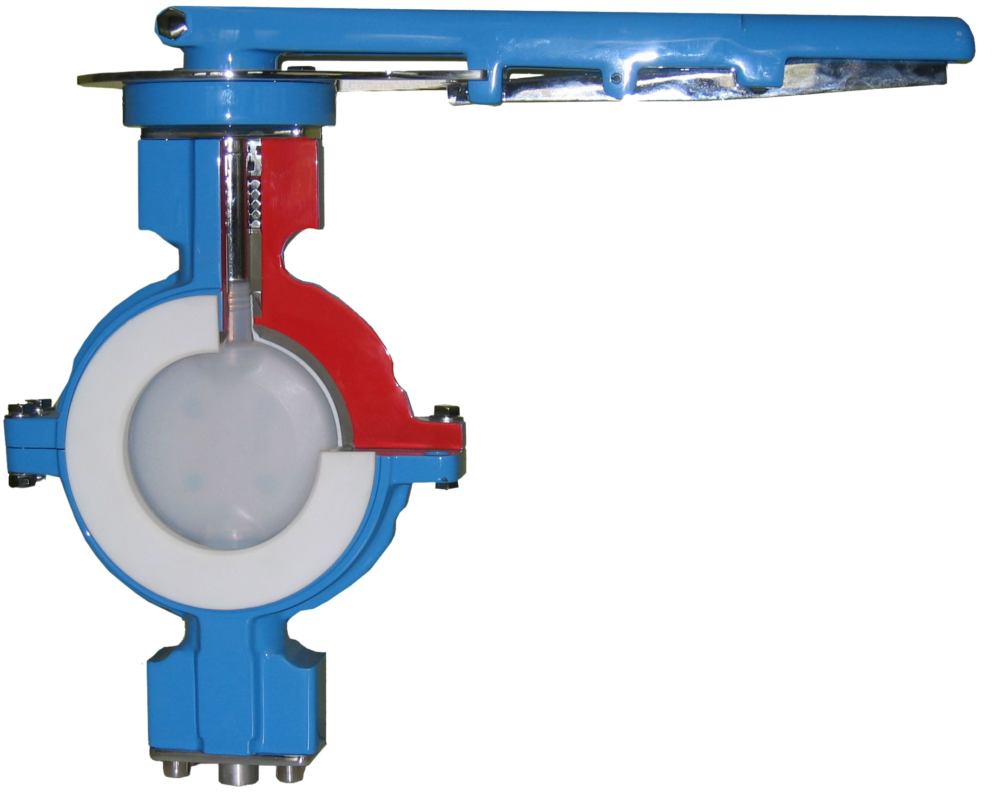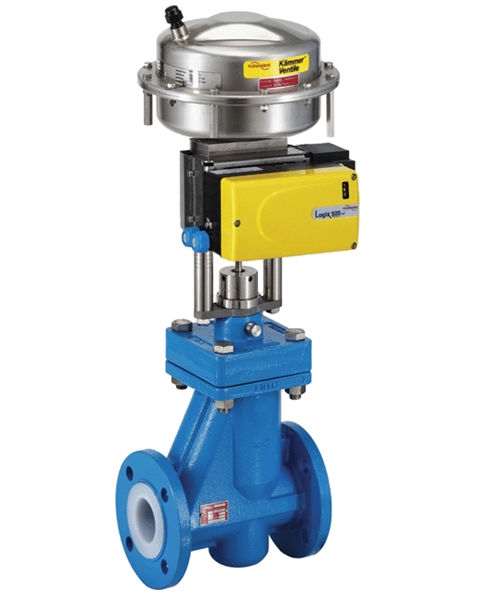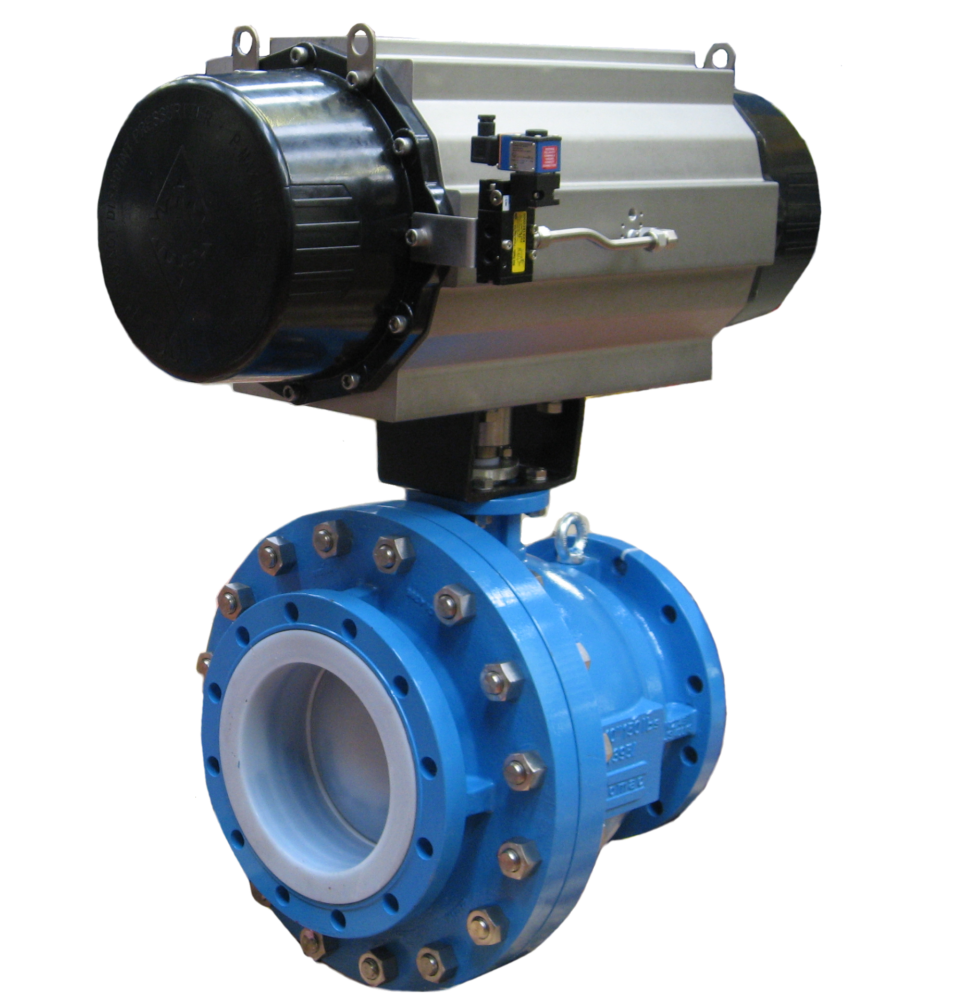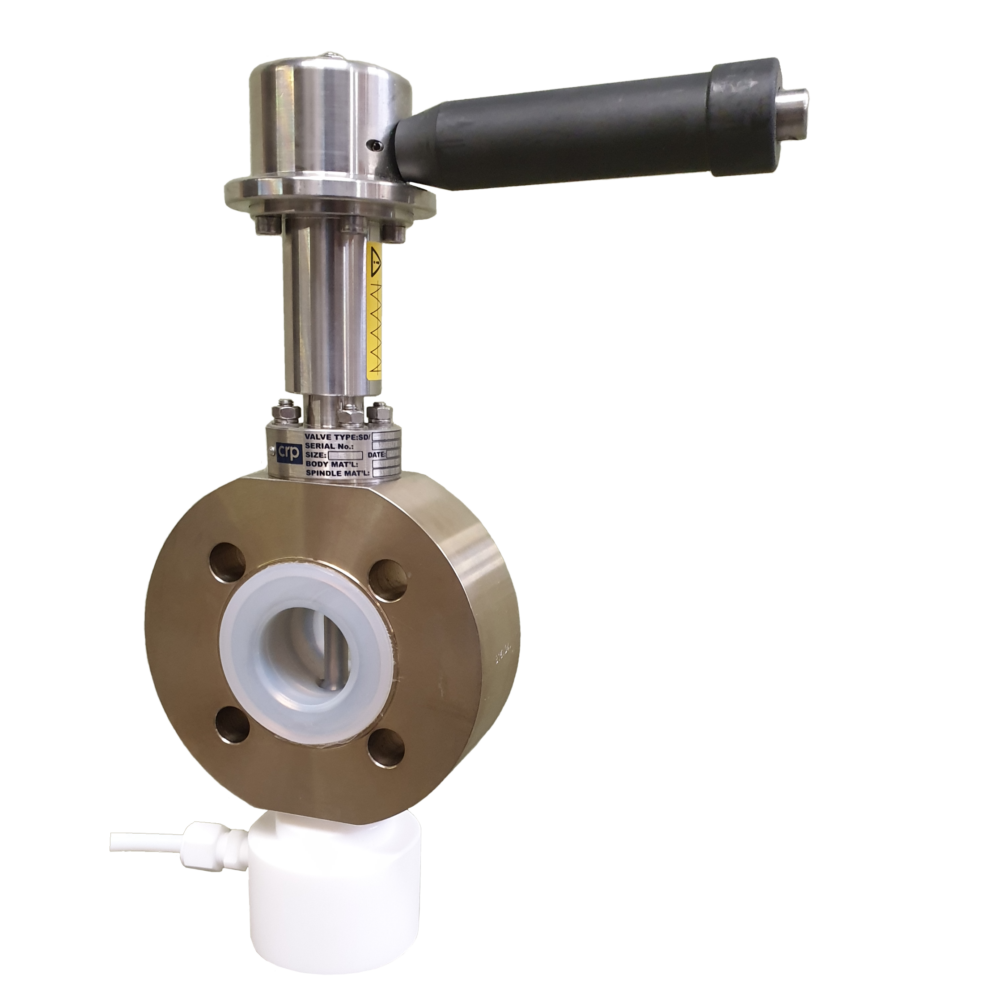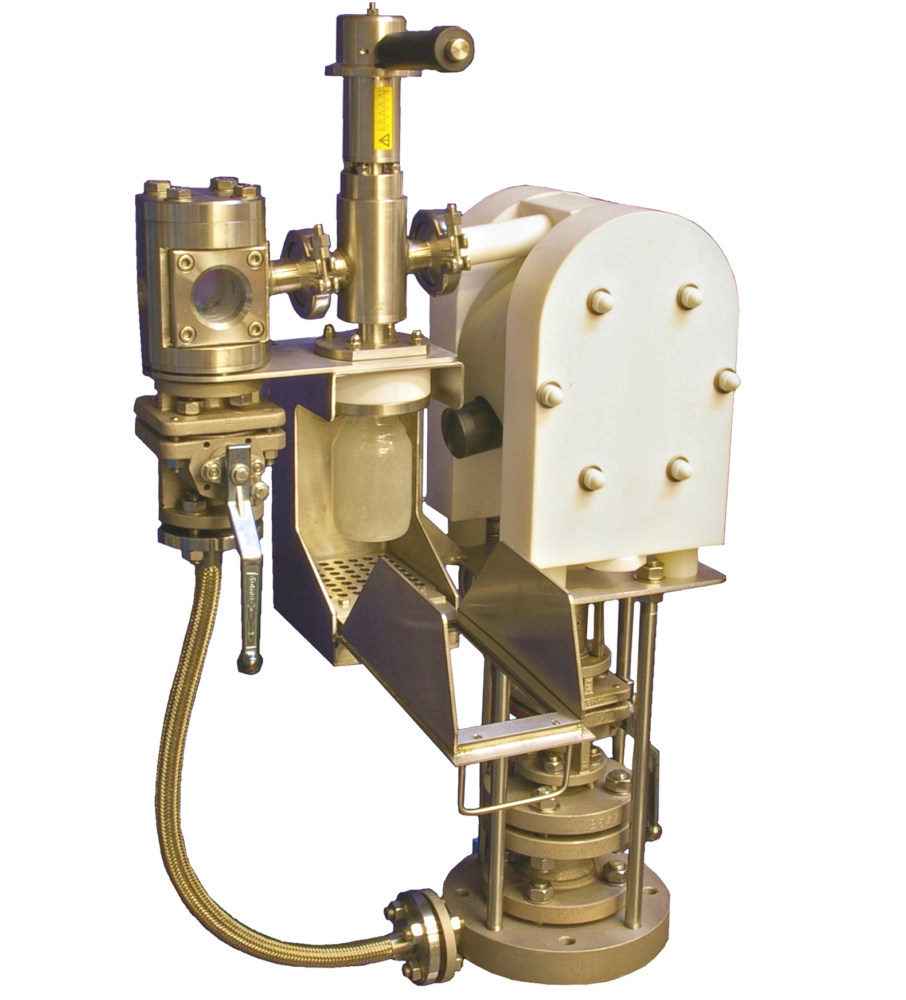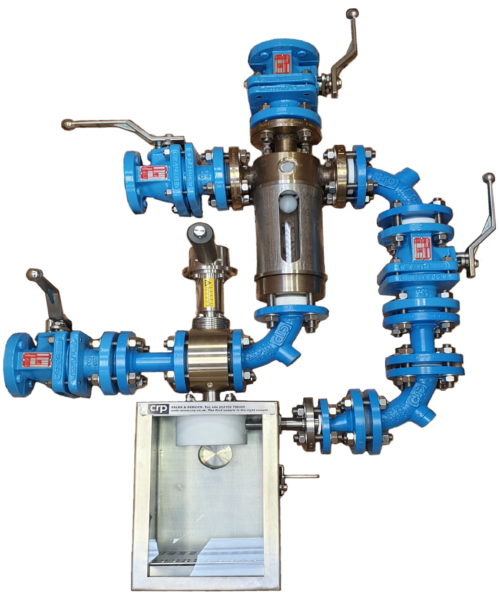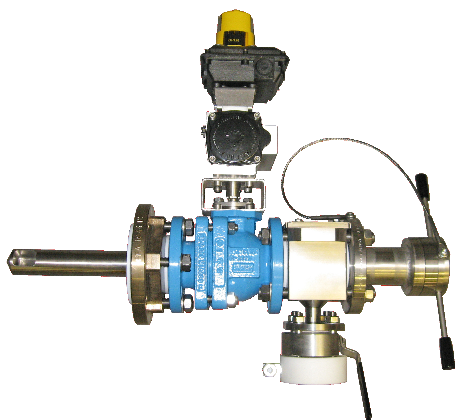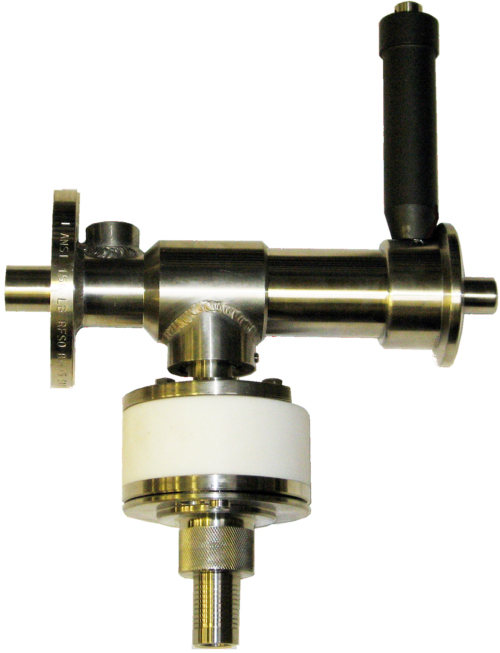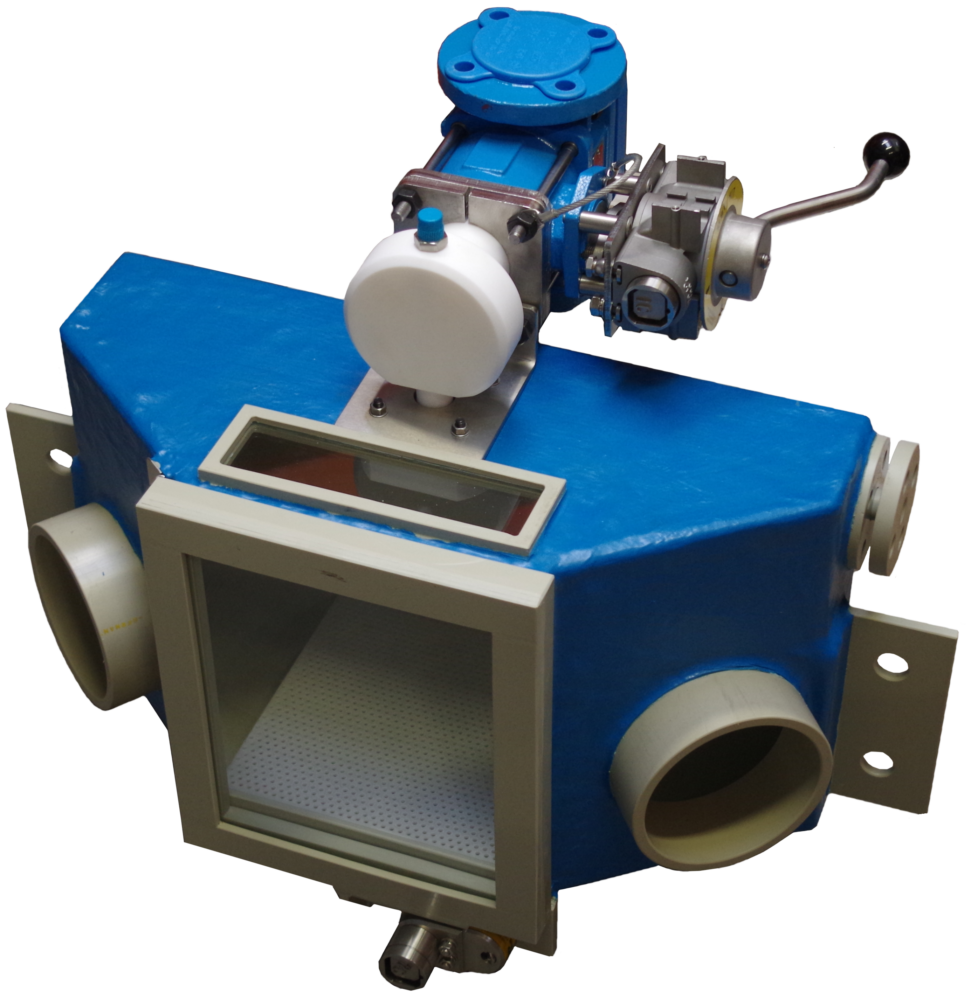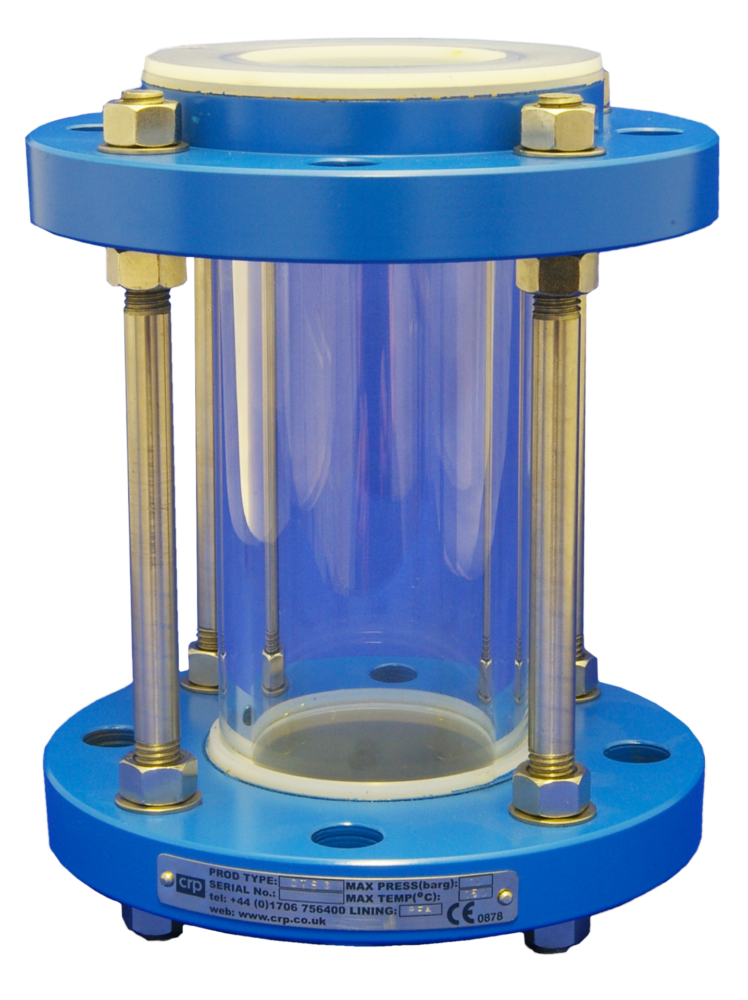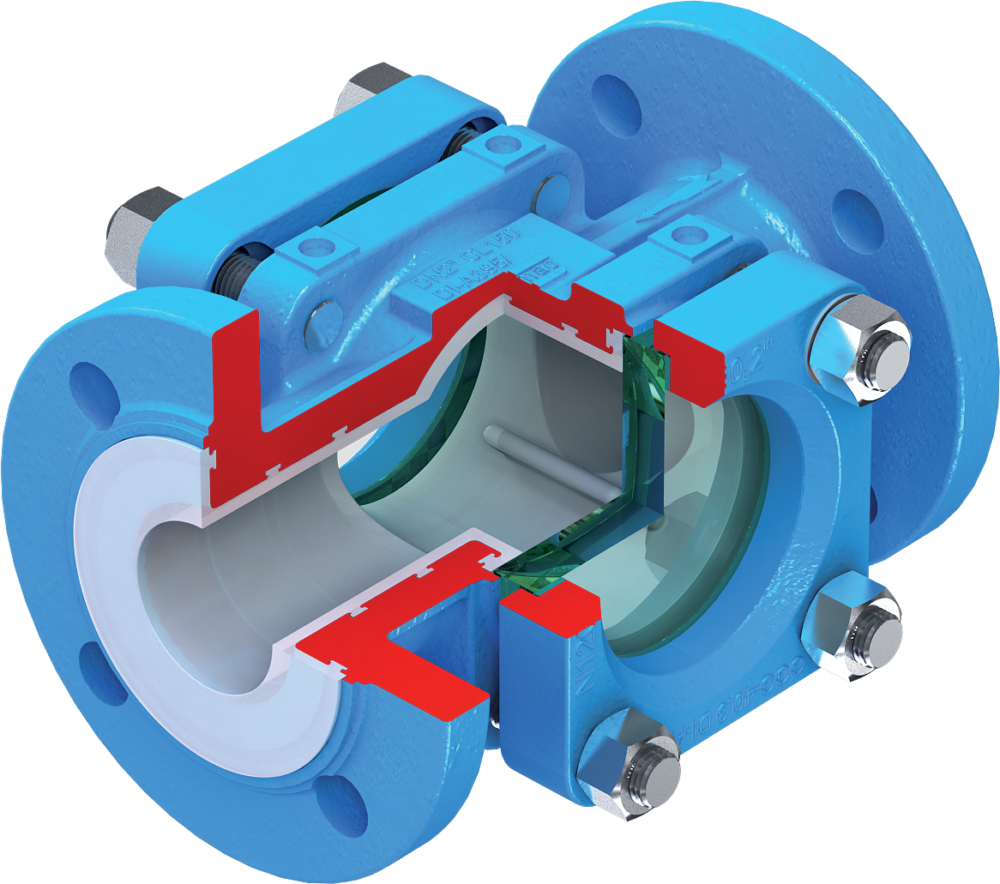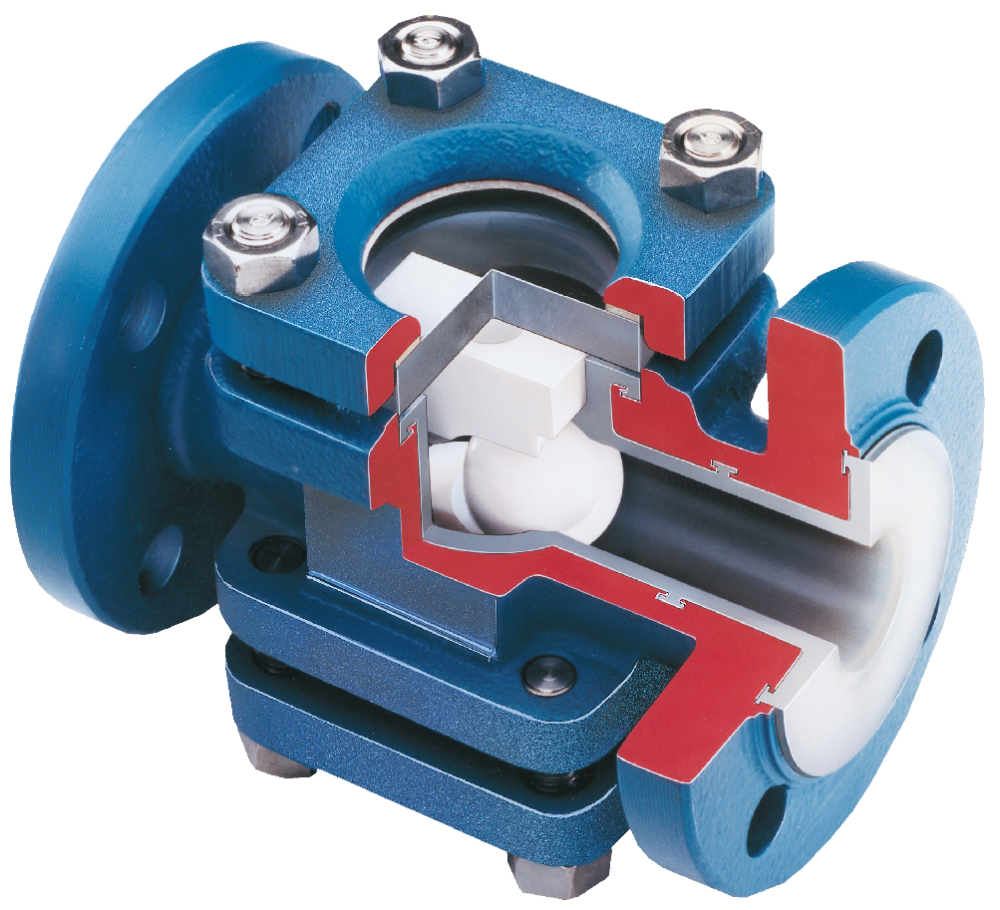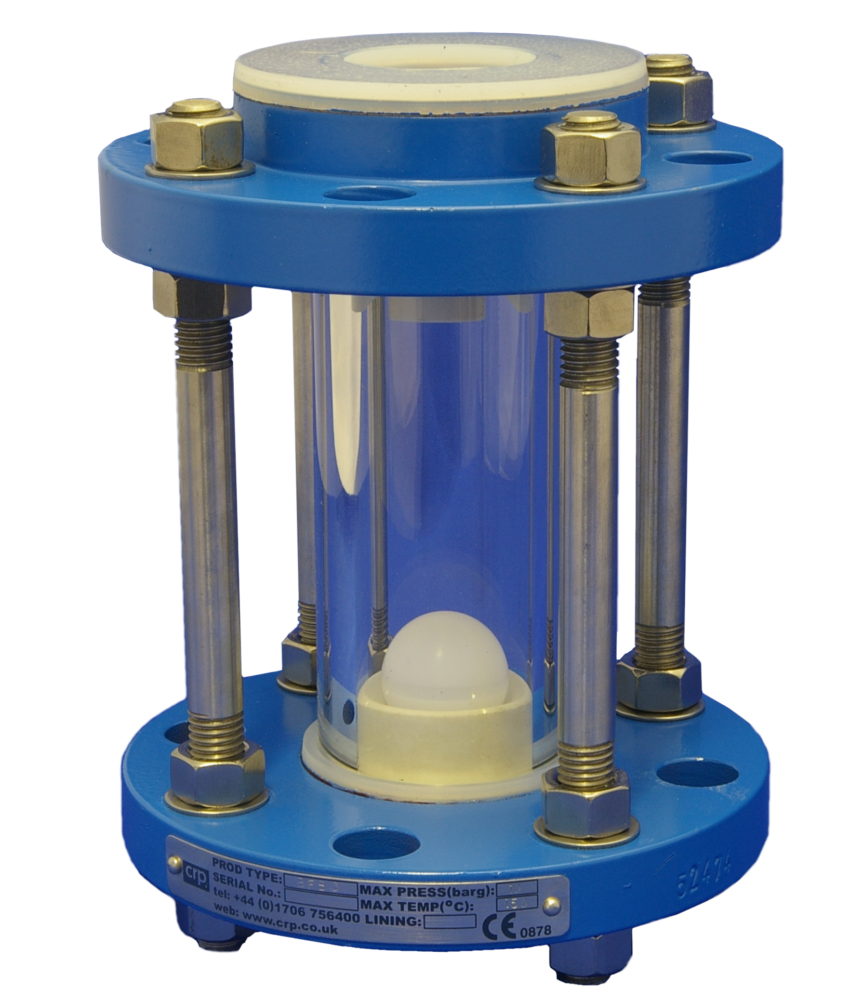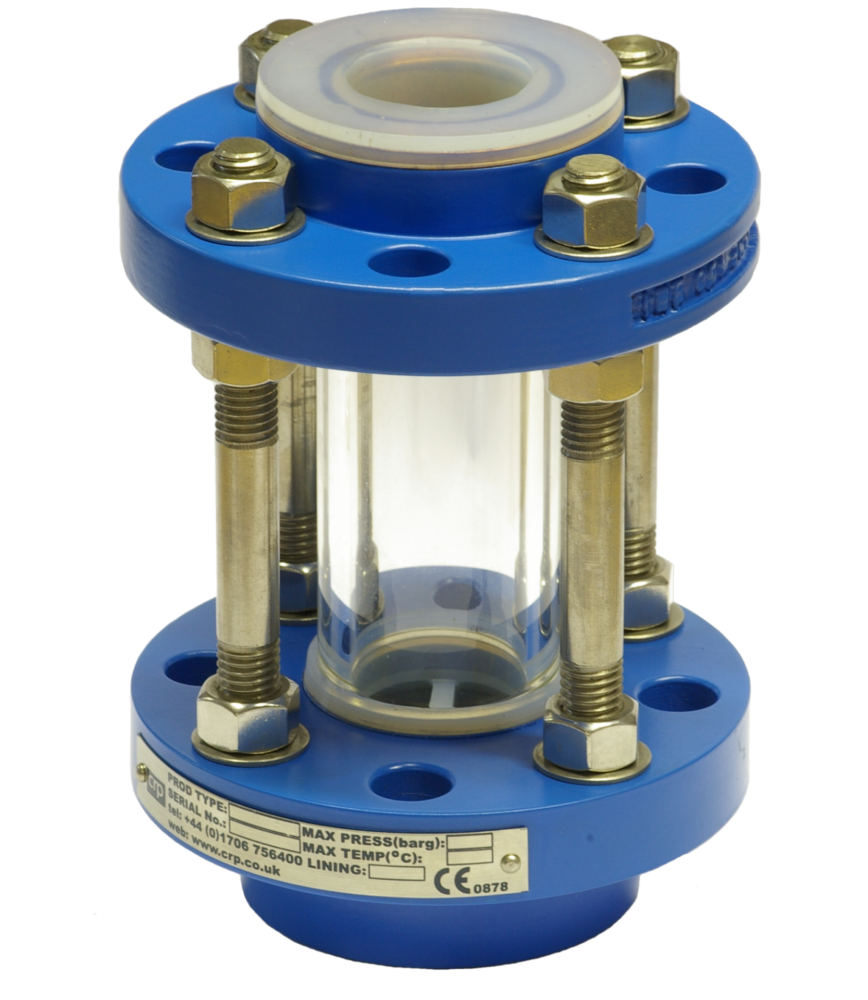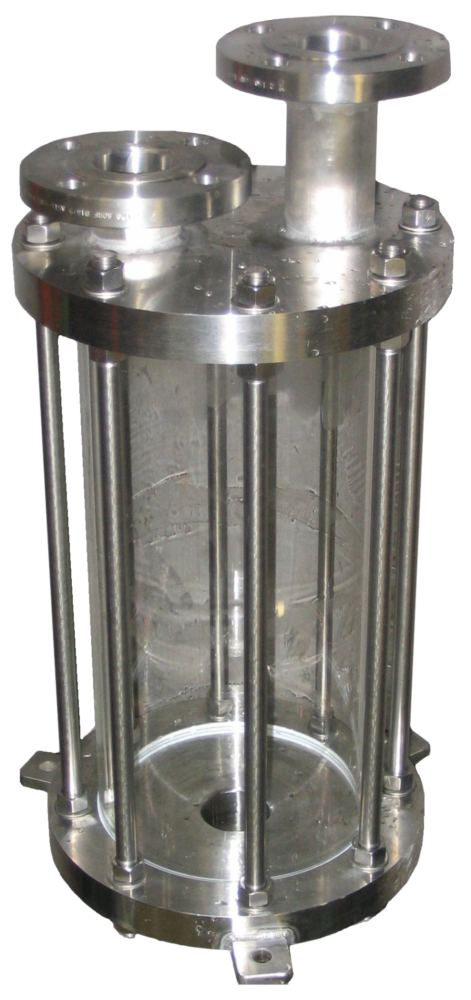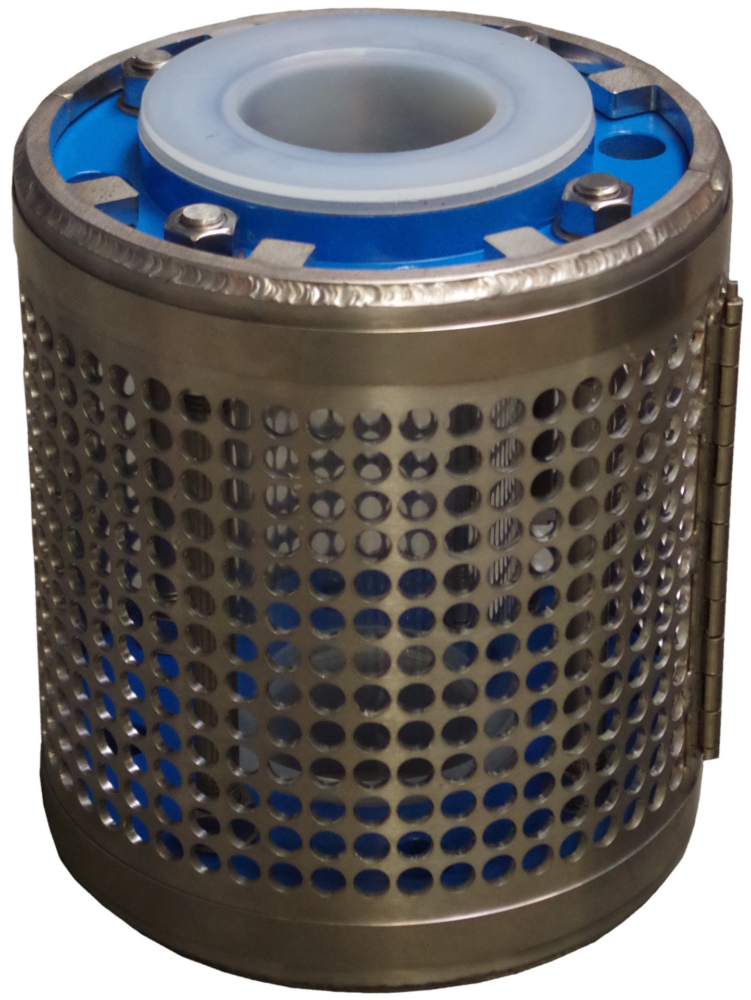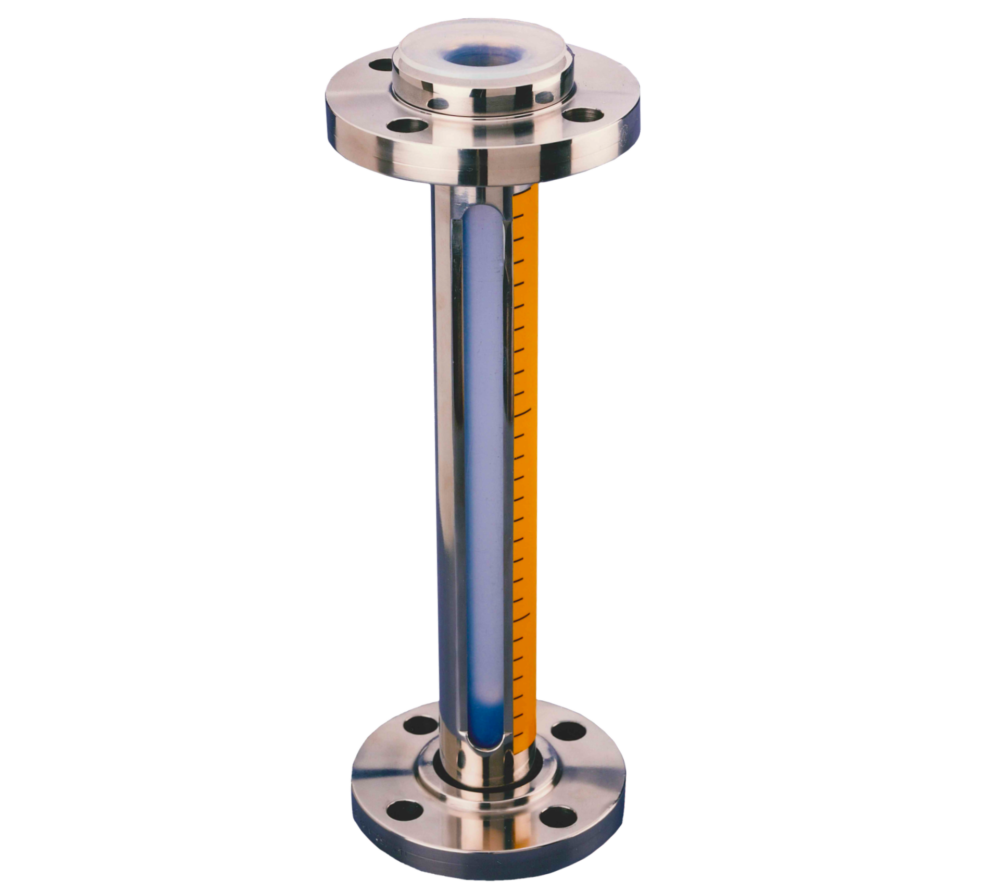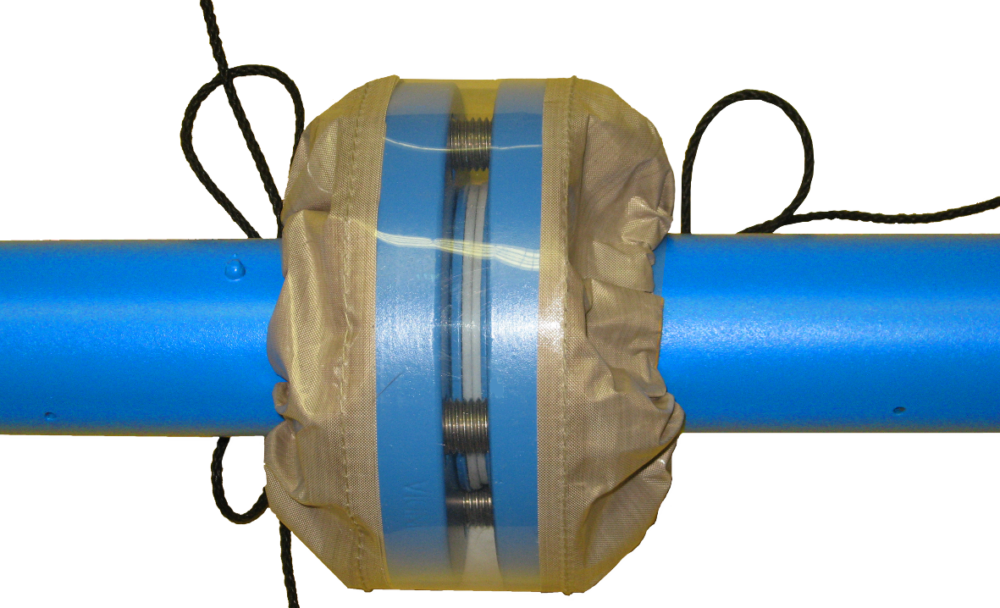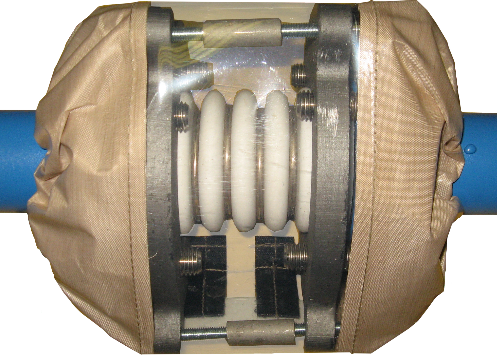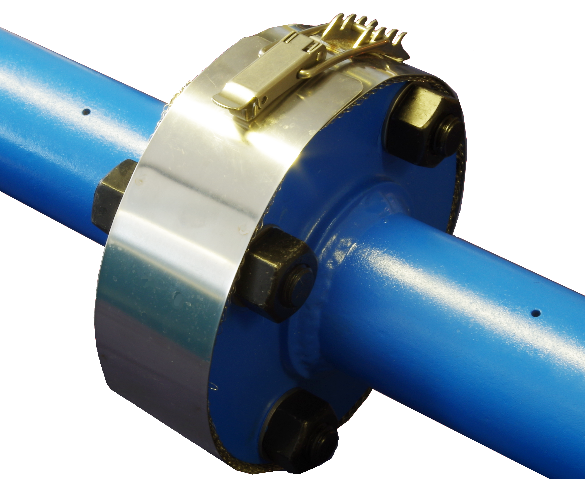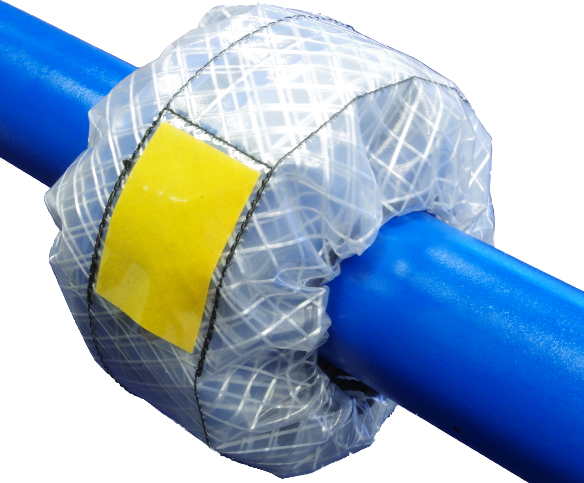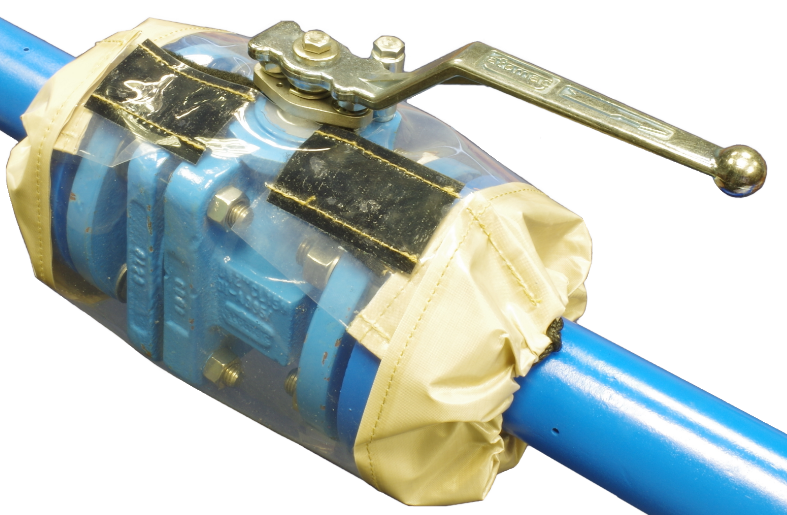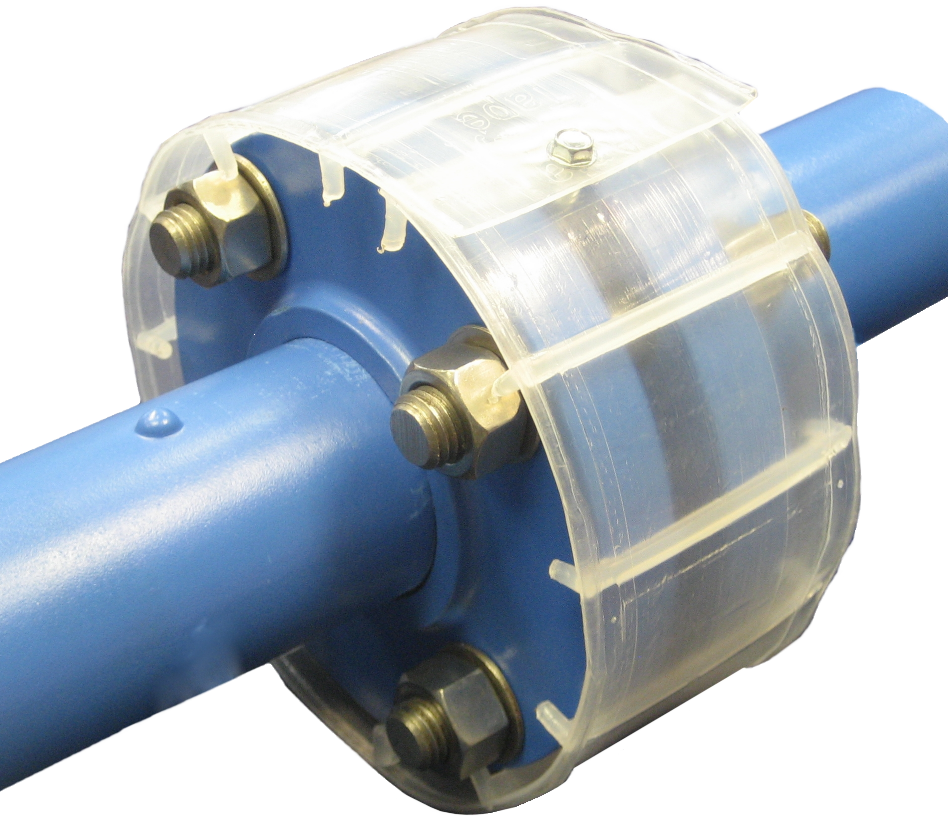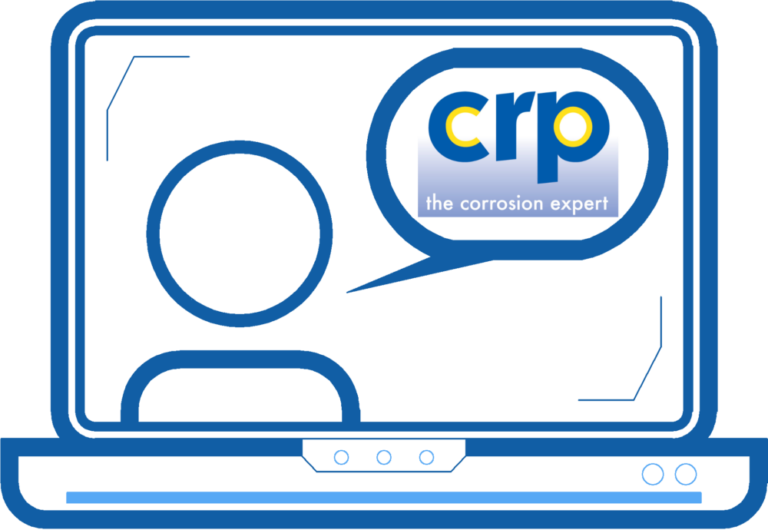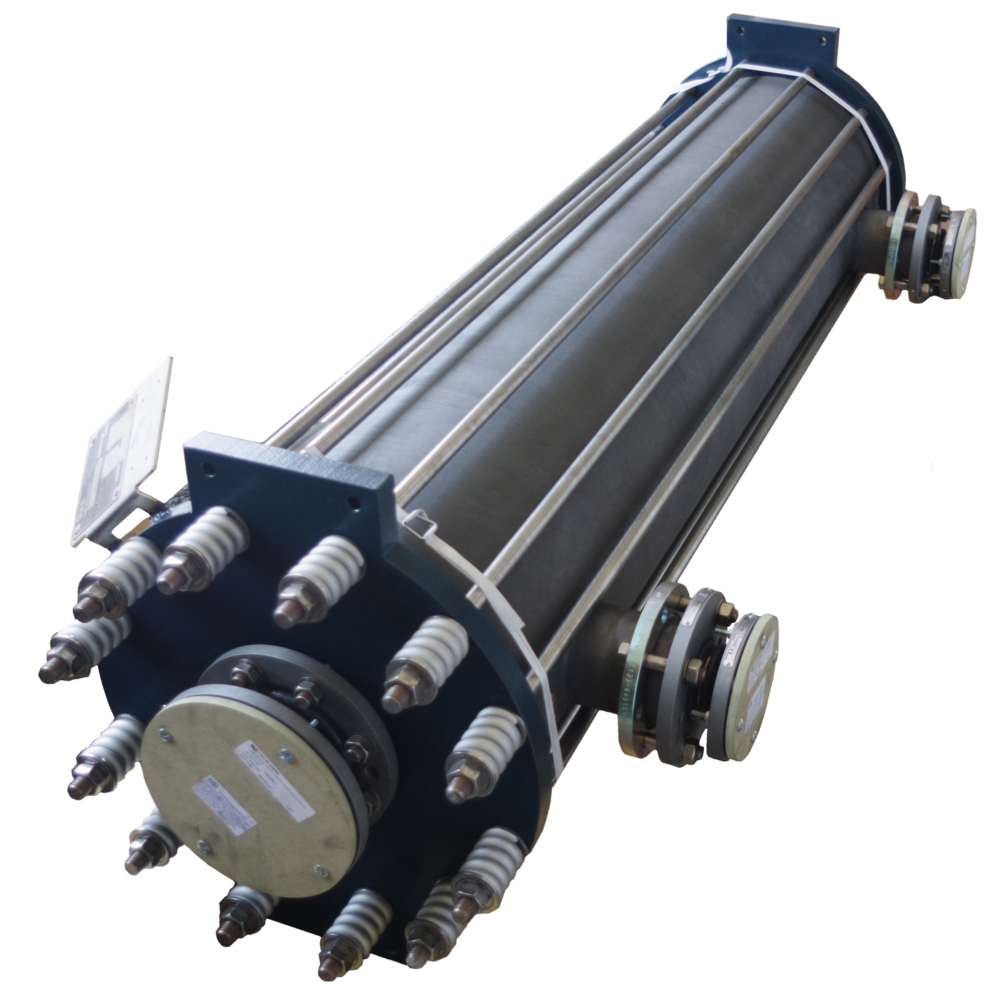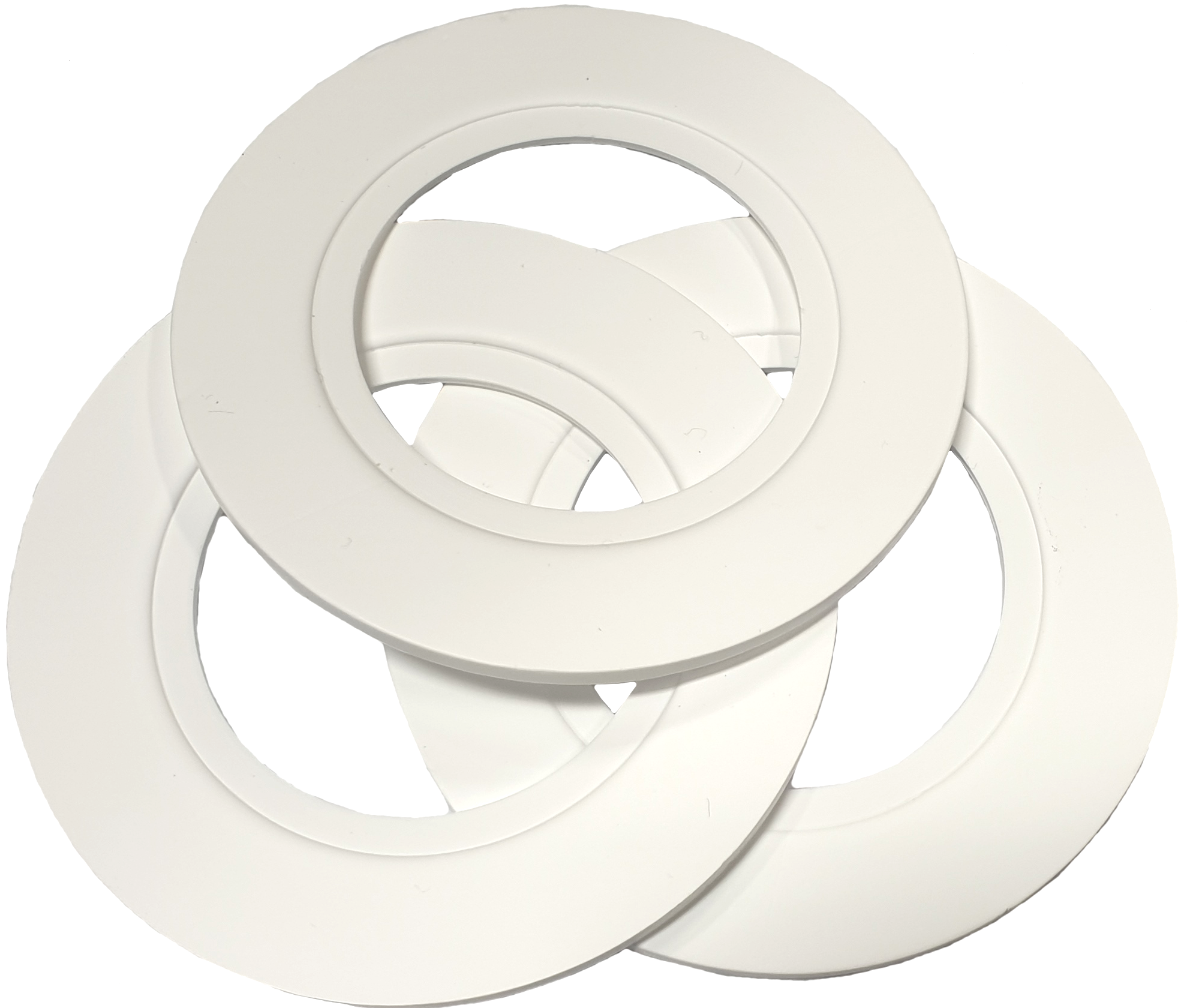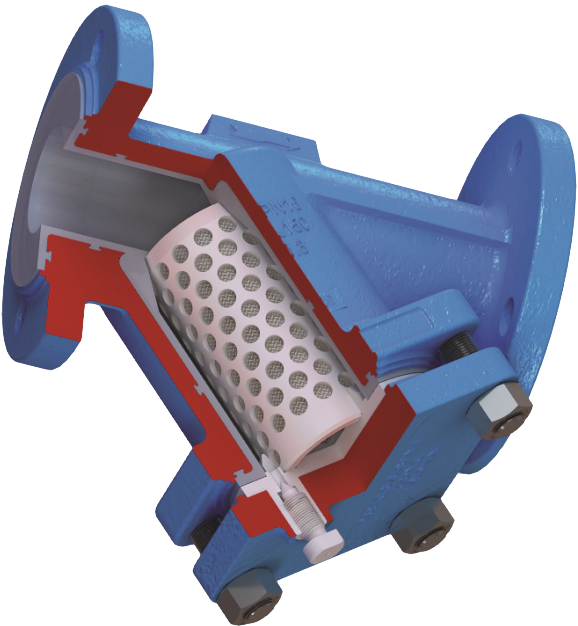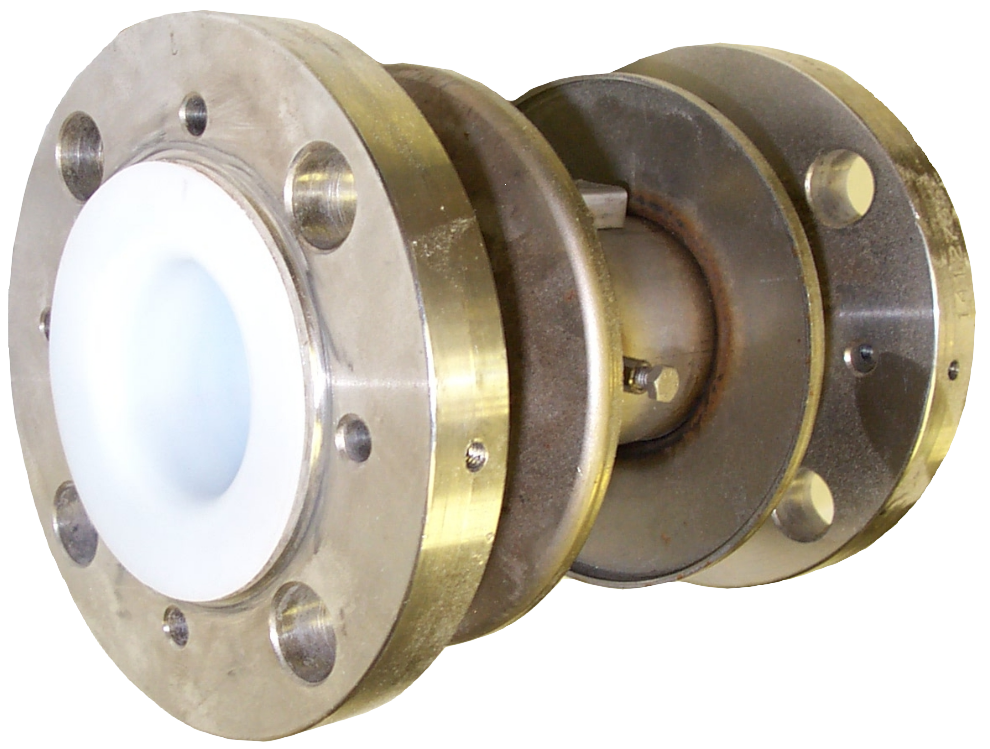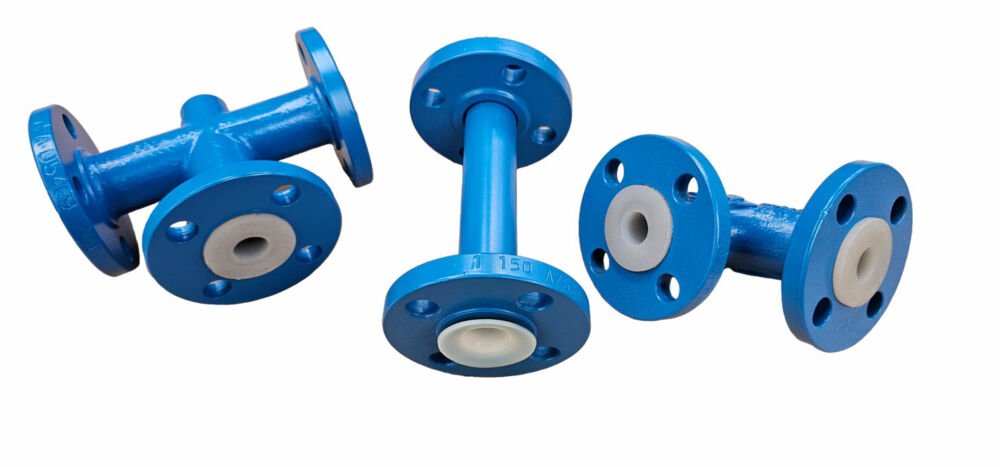
Corrosion in industrial pipes and fittings can lead to significant issues, including system failures, costly repairs, and operational downtime. The damaging effects of corrosion are particularly concerning for industries such as chemical processing, pharmaceuticals, and food and beverage, where the integrity of piping systems is important. Pipe corrosion is a challenge that requires proactive measures to mitigate risks and ensure long-term reliability.
Choose Corrosion-Resistant Materials for Pipes and Fittings
Industrial applications require materials that can endure harsh conditions without deteriorating. Stainless steel, copper-nickel alloys, and plastic-lined pipes are frequently chosen for their corrosion resistance. Selecting the appropriate material should take into account the specific fluids and temperatures involved in the process, maintaining the piping system remains durable and dependable over time.
Material selection is key for industries handling highly corrosive substances. Utilizing materials that resist corrosion can greatly extend the lifespan of the piping system, reducing maintenance costs and lowering the risk of unexpected failures. By choosing corrosion-resistant materials, companies can maintain the efficiency and safety of their operations, protecting both their assets and reputation.
Apply Protective Coatings to Prevent Corrosion Formation
Protective coatings act as a barrier between the pipe surface and the corrosive environment. These coatings are essential in environments where pipe corrosion is a constant threat. Coatings like epoxy, polyurethane, and ceramic can be applied to both the interior and exterior surfaces of pipes to provide long-term protection. The effectiveness of these coatings depends on proper application and maintenance.
Regular inspection of the coatings is important to confirm they remain intact and effective. Any damage to the coating can expose the pipe to corrosion, potentially leading to system failures. By keeping protective coatings in good condition, industries can prevent corrosion, avoiding expensive repairs and downtime. This proactive approach is key to maintaining the integrity of piping systems in challenging environments.
Regularly Inspect and Maintain Pipes for Early Corrosion Detection
Routine inspections are critical for detecting early signs of pipe corrosion. Early detection allows for timely intervention, preventing minor issues from escalating into major problems. Visual inspections, along with non-destructive testing methods like ultrasonic testing, can identify corrosion before it leads to pipe failure. Regular maintenance, including cleaning and re-coating, helps maintain the effectiveness of protective measures.
Inspections should be scheduled based on the operational environment and the known risks associated with the materials used. Corrosion can occur more rapidly in certain conditions, making frequent inspections necessary.
Use Proper Insulation to Reduce Moisture and Condensation
Insulation plays a crucial role in preventing pipe corrosion by reducing moisture buildup and condensation. Moisture can lead to corrosion, especially in environments where temperature fluctuations are common. Using high-quality insulation materials that are appropriate for the specific operating conditions helps protect the pipes from external elements that contribute to corrosion.
Proper installation and maintenance of insulation are key to ensuring its effectiveness. Insulation should be inspected regularly for signs of wear or damage, and any issues should be addressed promptly. By maintaining proper insulation, industries can reduce the risk of corrosion, protect their piping systems, and avoid unnecessary maintenance costs.
Control Environmental Factors to Minimize Corrosive Conditions
Environmental factors such as humidity, temperature, and exposure to chemicals can accelerate pipe corrosion. Controlling these factors is essential in maintaining the integrity of industrial piping systems. This may involve using dehumidifiers, controlling temperature variations, and maintaining proper ventilation in areas where pipes are installed. By managing the environment around the pipes, industries can reduce the conditions that lead to corrosion.
Make Sure Correct Installation Techniques to Avoid Corrosion Triggers
Proper installation techniques are crucial in preventing pipe corrosion. Improper installation can create conditions that lead to corrosion, such as poor sealing, incorrect alignment, or inadequate support. Confirming that pipes and fittings are installed according to industry standards and manufacturer guidelines is essential for maintaining system integrity.
Installation errors can lead to premature corrosion and reduce the lifespan of the piping system. Regular training for installation teams and adherence to best practices are necessary to avoid these issues.
Use Corrosion Inhibitors in Fluid Systems for Protection
Corrosion inhibitors are substances added to fluid systems to decrease the rate of pipe corrosion. These inhibitors work by forming a protective film on the interior surfaces of pipes, preventing corrosive substances from interacting with the pipe material. The selection of appropriate inhibitors depends on the specific fluid being transported and the operating conditions.
Regular monitoring of inhibitor levels is necessary to maintain their effectiveness. Over time, inhibitors can degrade or become depleted, requiring replenishment to maintain protection. By using corrosion inhibitors, industries can protect their fluid systems from corrosion, reduce maintenance costs, and extend the lifespan of their piping systems.
Avoid Galvanic Corrosion by Preventing Metal Contact
Galvanic corrosion occurs when two different metals are in contact with each other in the presence of an electrolyte, leading to pipe corrosion. To prevent this, industries should avoid using dissimilar metals in piping systems or verify they are properly insulated from each other. Using compatible materials and applying protective barriers can prevent galvanic corrosion. Regular inspections should be carried out to check for any metal-to-metal contact. Any signs of galvanic corrosion should be promptly addressed to prevent further damage.
Design Systems to Facilitate Easy Cleaning and Maintenance
Designing piping systems with ease of cleaning and maintenance in mind can help prevent pipe corrosion. Accessible systems allow for regular cleaning, which removes corrosive substances that can accumulate over time. Properly designed systems also facilitate inspections and repairs, guaranteeing that any signs of corrosion are detected and addressed promptly.
Investing in thoughtful design can reduce the time and cost associated with maintenance. Systems that are easy to clean and maintain are less likely to suffer from corrosion-related issues.
Get Effective Industrial Piping Solutions at Corrosion Resistant Products
At Corrosion Resistant Products, we specialize in PTFE and PFA-lined products designed to handle the most demanding industrial processes. Our industrial piping solutions include a wide range of lined piping, valves, and fittings that ensure safe and reliable operation. We also offer comprehensive corrosion protection solutions to safeguard your systems from the damaging effects of corrosion. Trust Corrosion Resistant Products to deliver the high-performance solutions your industry needs for success.
